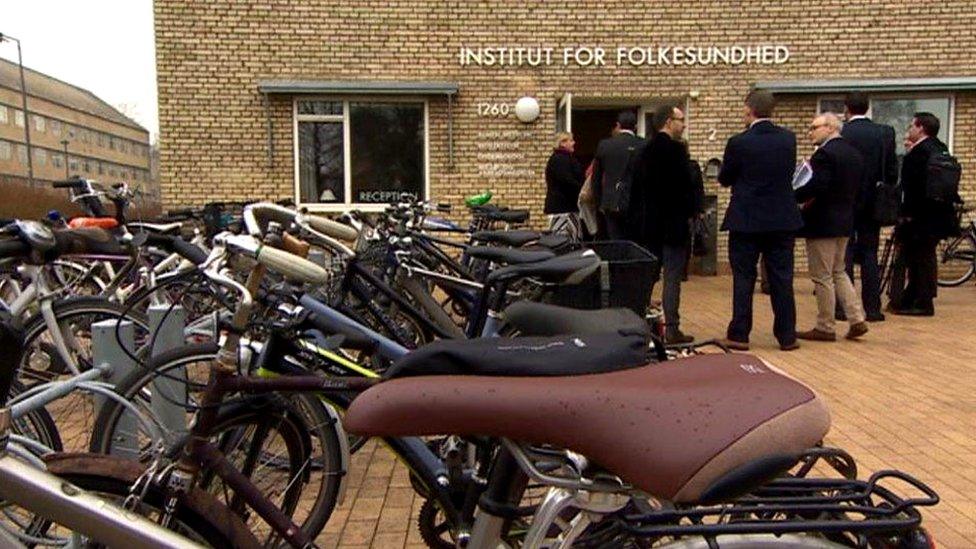New cancer clinic 'cuts waiting times by 92%'
- Published
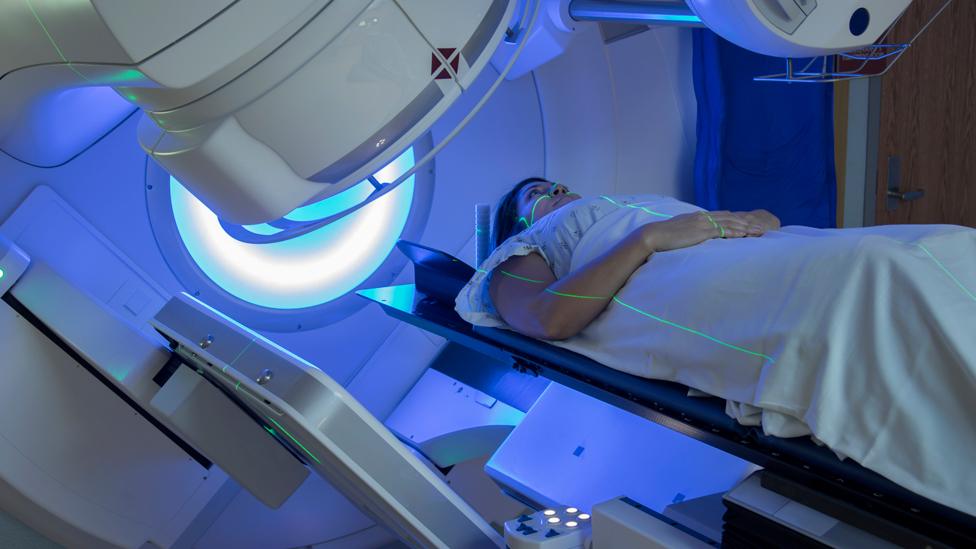
Waiting times have been reduced to less than six days on average in the clinic
A centre for quickly diagnosing cancer has reduced waiting times by up to 92% in its first year and cut costs, analysis has found.
Patients going to GPs with non-specific but possibly cancerous symptoms were sent to a rapid diagnosis centre at Neath Port Talbot Hospital.
Swansea Bay University Health Board said waiting times were cut to less than six days.
The paper's authors said the clinic could also be more cost effective.
Between June 2017 and May 2018, GPs referred 189 patients to the half-day clinic, which ran twice a week.
Patients were either diagnosed with a suspected cancer and referred to a specialist, given a different diagnosis, told no serious problem could be found, or sent for further investigation.
If no further investigations were needed, patients were diagnosed in an average of 5.9 days.
Further investigations took an average of 40.8 days, but control patients waited an average of 84.2 days, just under three months, for a diagnosis without using the clinic.
Currently GPs refer people who present signs to an urgent suspected cancer pathway, but half of UK cancer patients do not present with the necessary symptoms and their diagnosis takes an average of 34 days longer.
These patients, who often present vague symptoms such as unexplained weight loss or fatigue, are sent for outpatient appointments with diagnostic tests, which can take a long time and be expensive.
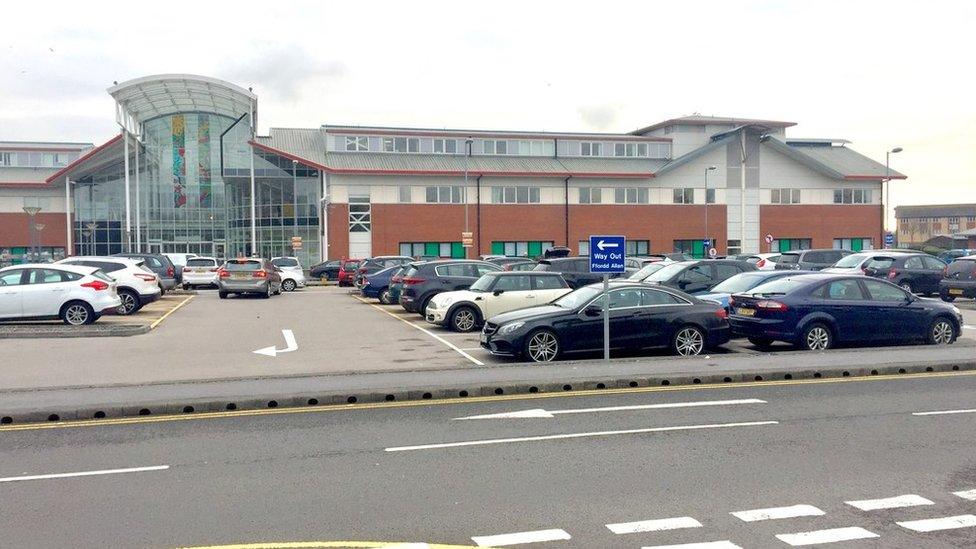
The cancer clinic runs out of Neath Port Talbot Hospital twice a week
During the study, led by Bernadette Sewell from Swansea University's Centre for Health and Economics, 23 cancers were diagnosed, while 30 significant other diagnoses were made - including stomach ulcers, heart failure and tuberculosis.
In the first year of the study, the clinic did not see enough patients to be cost effective, but the clinic is now outperforming usual care and is seeing four or five patients each clinic.
The study found the rapid diagnosis clinic will provide better value for money for the NHS, alongside shorter waiting times for patients, if it is run at more than 80% capacity.
Swansea University estimates the health board could save more than £150,000 per 1,000 patients.

If you have obvious or alarming symptoms of cancer, these are easier to pick up. The challenge has been those patients with vague or harder-to-spot symptoms.
Since 2017, Swansea Bay, along with Cwm Taf health board, has been piloting rapid diagnostic centres which allow GPs to refer patients with less obvious symptoms.
They were set up following a fact-finding visit by Welsh cancer experts to Denmark to see how that country had transformed its cancer survival rates.
Wales has also introduced a single cancer waiting target - which is meant to reflect not only delays in getting treated but also delays in getting diagnosis.
Obviously the results in Neath Port Talbot are encouraging and will help make the case for rolling out this approach across the country but what's clear is there is a lot more to do as Wales - and the UK as a whole - have relatively low survival cancer rates compared to similar countries.

Dr Bernadette Sewell, the lead author of the paper, which was published in the British Journal of General Practice, external, said: "Our study shows that rapid diagnosis centres are beneficial for patients and the NHS. They cut waiting times, which means any treatment that people need can start earlier.
"The longer it takes to diagnose cancer, the worse the outcomes can be for patients and the more expensive it may be for the NHS to treat.
"The key is to ensure that the centres run at least at 80% of capacity, as the rapid diagnosis clinic in Neath Port Talbot Hospital is now doing."
Dr Heather Wilkes, from Swansea Bay University Health Board, said: "The provision of this service, and the ongoing commitment to it by SBUHB as a diagnostic resource for primary care, has made a massive difference in trying to speedily investigate and care for some of the most difficult cases in our community.
"It is highly valued by patients and GPs alike and has been established as a permanent service following our evaluation."
- Published22 November 2018
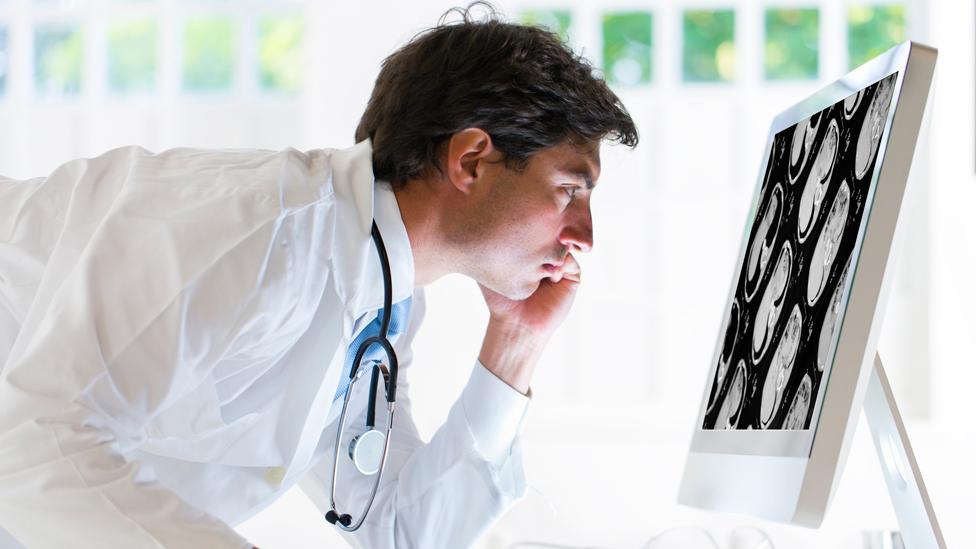
- Published2 August 2017
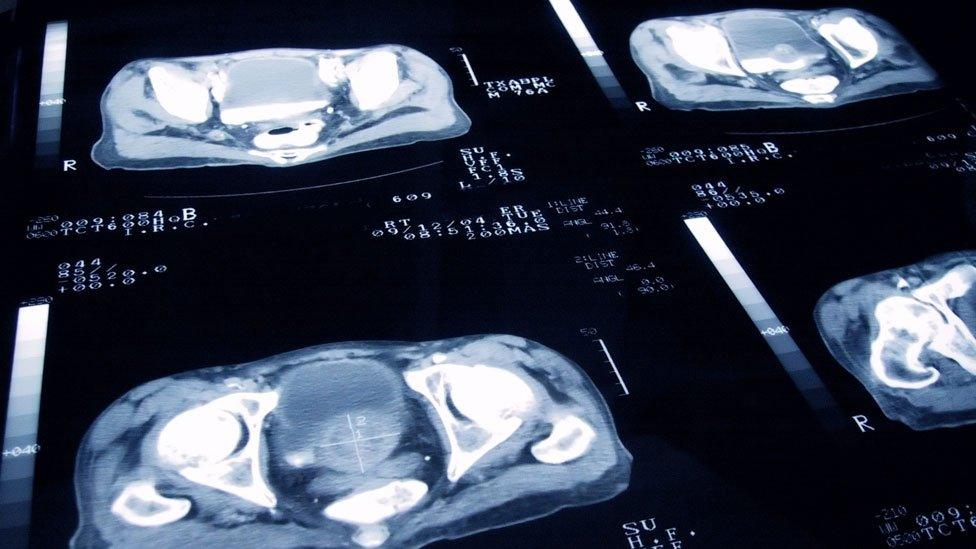
- Published22 August 2019
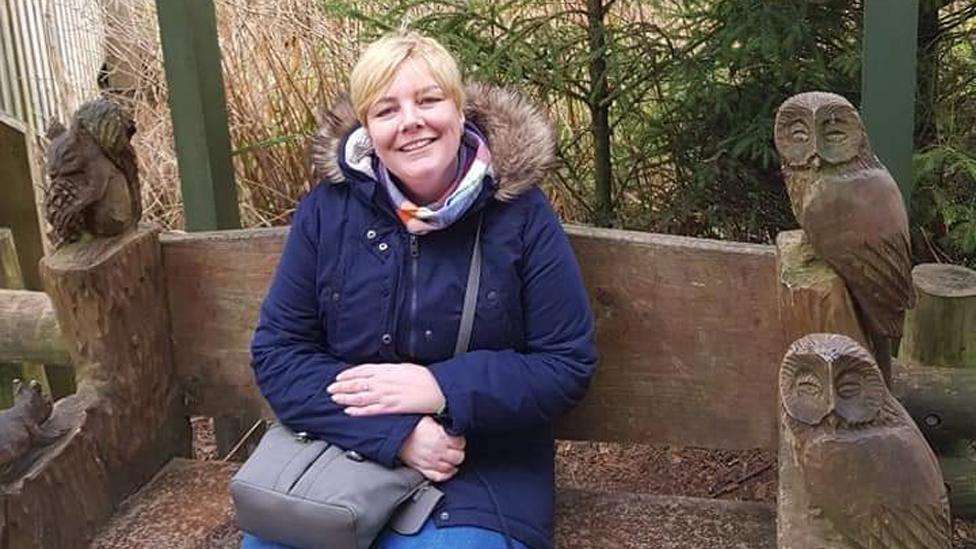
- Published11 April 2016
